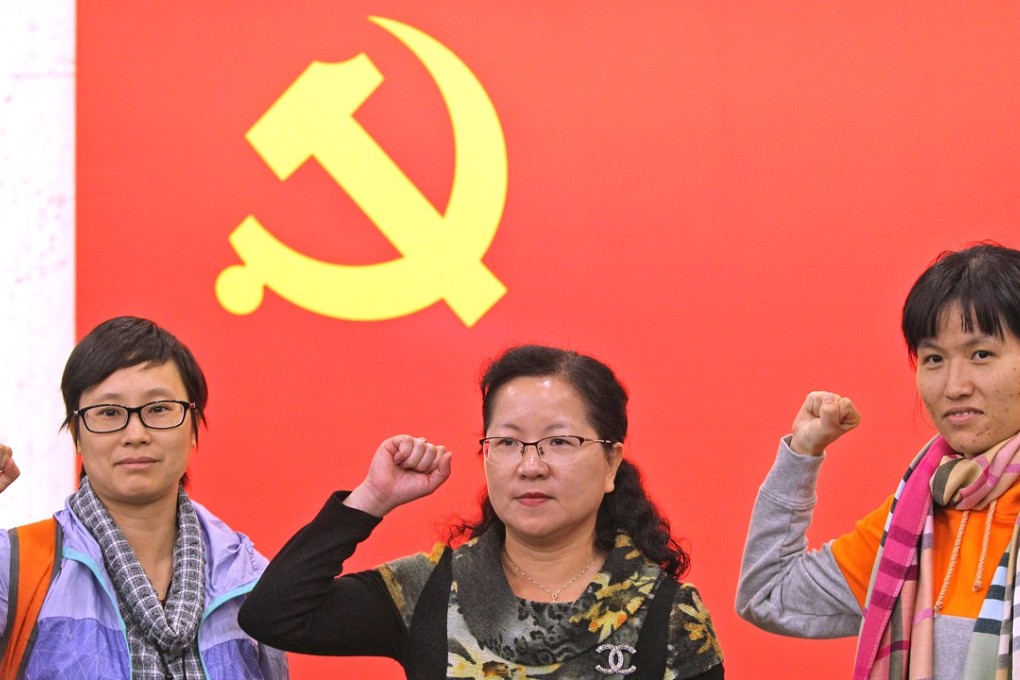China Briefing | The question facing Chinese diaspora: for love of country or party?
Beijing changes its tact towards overseas Chinese from appealing to their sense of kinship to preaching that true patriotism must include admiration for the Communist Party

Is loving China one and the same as loving the Chinese Communist Party?
That question has weighed increasingly heavily on minds of many Chinese diaspora as a rising China flexes its economic muscles and promotes its cultural soft power on the international stage.
On the one hand, many overseas Chinese have shown pride in the considerable economic achievements China has made over the past four decades, allowing it to become the world’s second largest economy. On the other hand, they also harbour deep-rooted suspicion and disapproval of the party’s authoritarian approach and its intolerance towards dissent or media freedom.
Journey to the past: why overseas Chinese are finally embracing their roots
Hence, when talking politics, those overseas Chinese like to highlight that their love of country is in no way related to a love of the Communist Party. This is particularly true in Hong Kong where tens of thousands of people gather on the anniversary of the party’s bloody Tiananmen crackdown in 1989 to hold a vigil and demand more democracy.

But recently many of them, particularly those who have businesses or relatives in China, have faced subtle – and at times not so subtle – pressure to accept that love of party and love of country are one and the same.
Indeed, the Chinese government spends billions of yuan each year to strengthen its so-called overseas-oriented propaganda targeting people outside China, while its cabinet-level ministries, including the Overseas Chinese Office and the United Front Work Department, have a particular agenda aimed at wooing the diaspora.
